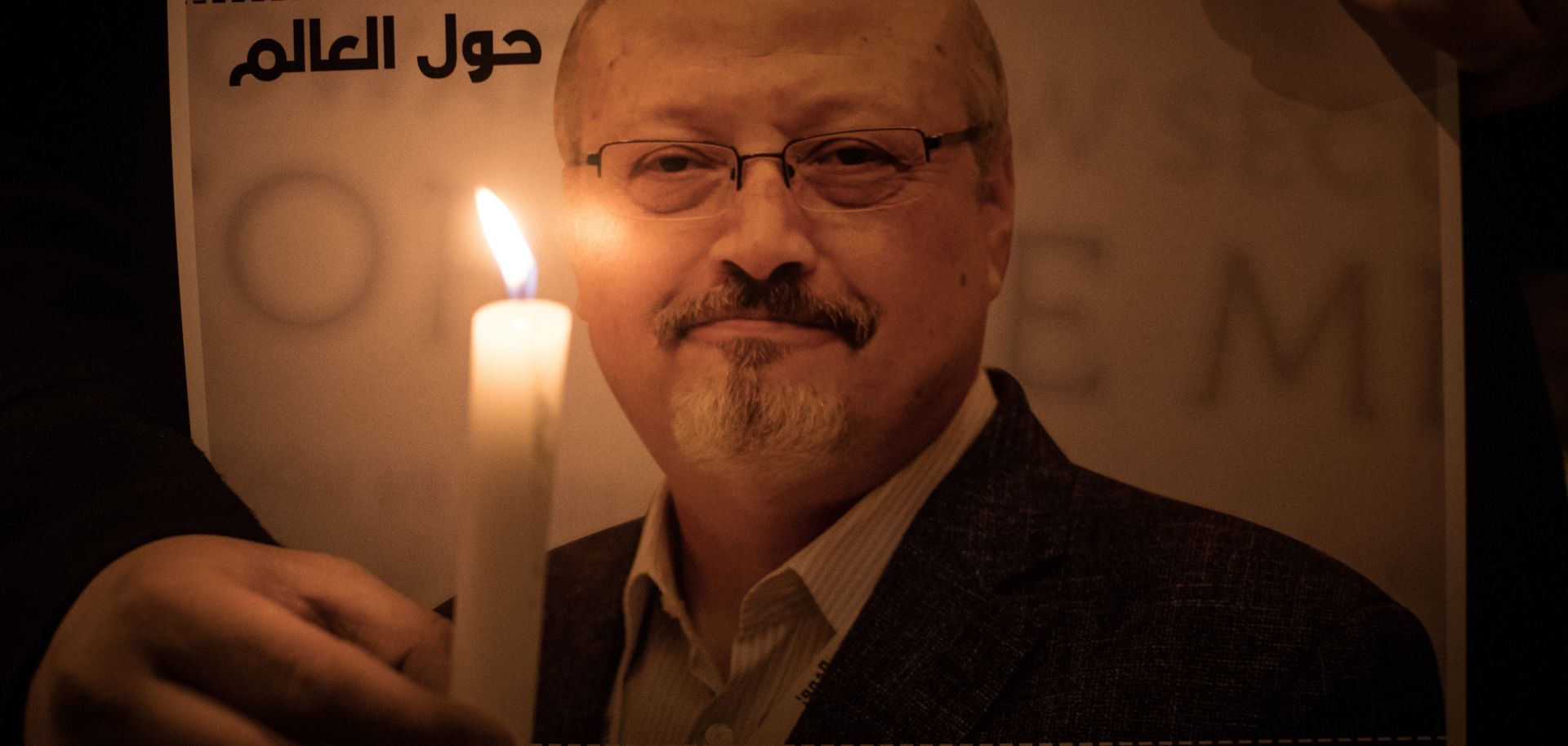COLUMNS
When Human Rights Become a Handicap to U.S. Foreign Policy

Nov 8, 2018 | 12:00 GMT

People take part in a candlelight vigil to remember journalist Jamal Khashoggi outside the Saudi consulate in Istanbul on Oct. 25. Khashoggi, a U.S. resident and critic of the Saudi regime, went missing after entering the consulate on Oct. 2. More than two weeks later Riyadh announced that he had been killed.
(CHRIS MCGRATH/Getty Images)
Highlights
- The degree to which a U.S. president will emphasize human rights in foreign policy is as much a product of the geopolitical climate as it is personal ideology.
- In addition to exposing the lengths to which the White House will go to maintain a strategic relationship, the slaying of Saudi journalist Jamal Khashoggi revealed a broader defiance developing among authoritarian allies over Western human rights criticism.
- In an era of great power competition, in which the Chinese model of digital authoritarianism is a direct challenge to the Western liberal order, human rights abuses are bound to grow more frequent and blatant.
- Despite the cautionary tale of the Arab Spring, the United States and other Western powers will not be able to avoid the risk of entangling strategic imperatives with strongman personalities.
Subscribe Now
SubscribeAlready have an account?
